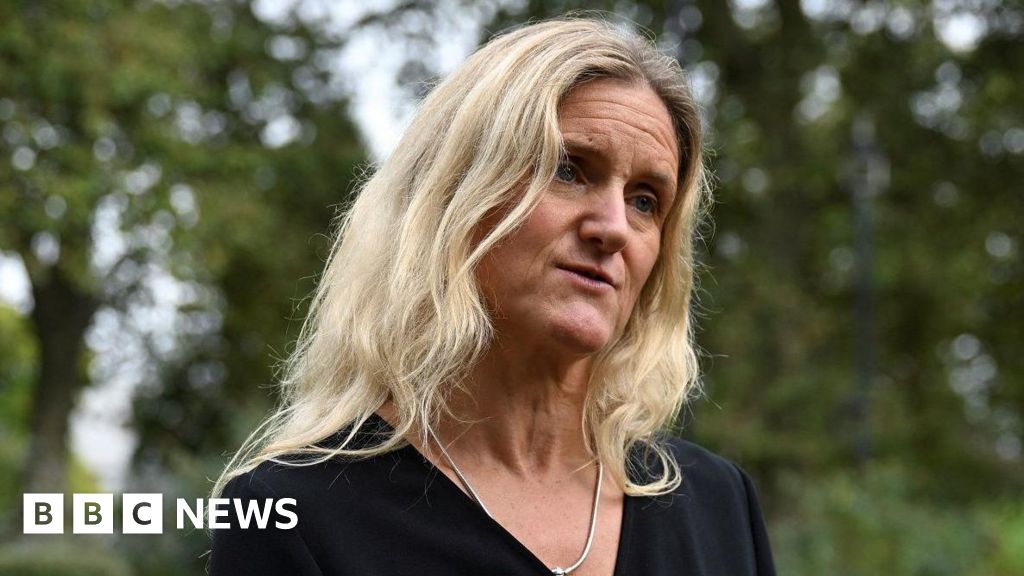Unemployed people living with obesity could be given new weight loss jabs to help them get back into work, the health secretary has said.
Wes Streeting suggested the latest generation of medicines including Ozempic and Mounjaro could be “lifechanging” for individuals and would ease pressure on the NHS.
“Our widening waistbands are also placing significant burden on our health service,” he said in an opinion piece for the Telegraph.
“The long-term benefits of these drugs could be monumental in our approach to tackling obesity.”
Illnesses relating to obesity cost the NHS £11bn a year, Streeting said.
His words came as the government announced a £279 million investment from Lilly, the world’s largest pharmaceutical company, at an international investment summit hosted by the Prime Minister, Sir Keir Starmer.
The plans announced at the summit will include real-world trials of weight-loss jabs’ impact on worklessness, the Telegraph reported.
A study by Health Innovation Manchester and Lilly will examine whether being put on the drugs will reduce worklessness and the impact on NHS service use, and will take place in Greater Manchester.
The health secretary added the weight-loss injections could benefit the economy too, reducing the number of sick days caused by obesity.
“Illness caused by obesity causes people to take an extra four sick days a year on average, while many others are forced out of work altogether,” he said.
However, individuals will still need to remain responsible for taking “healthy living more seriously”, as the “NHS can’t be expected to always pick up the tab for unhealthy lifestyles”, he said.
“As a country, we’re eating more, eating less healthily and exercising less. The costs to the individual are clear – a less healthy and shorter life.”
Ozempic is among weight loss medicines already available on the NHS for people with obesity, under certain conditions.
It comes in the form of an injection and mimics the hormone GLP-1, making people feel fuller and less hungry.
Experts have warned in the past that the drug is not a quick fix or a replacement for eating well and exercising, and should only be offered under medical supervision.
Amanda Pritchard, the chief executive of the NHS, said the drugs would be a “game-changer” for public health and could reduce the risk of diabetes, heart attacks and strokes.
David A Ricks, the chairman and chief executive of Lilly, said: “We welcome this opportunity to partner with the UK Government on tackling and preventing disease, and accelerating innovation to advance care delivery models.”



